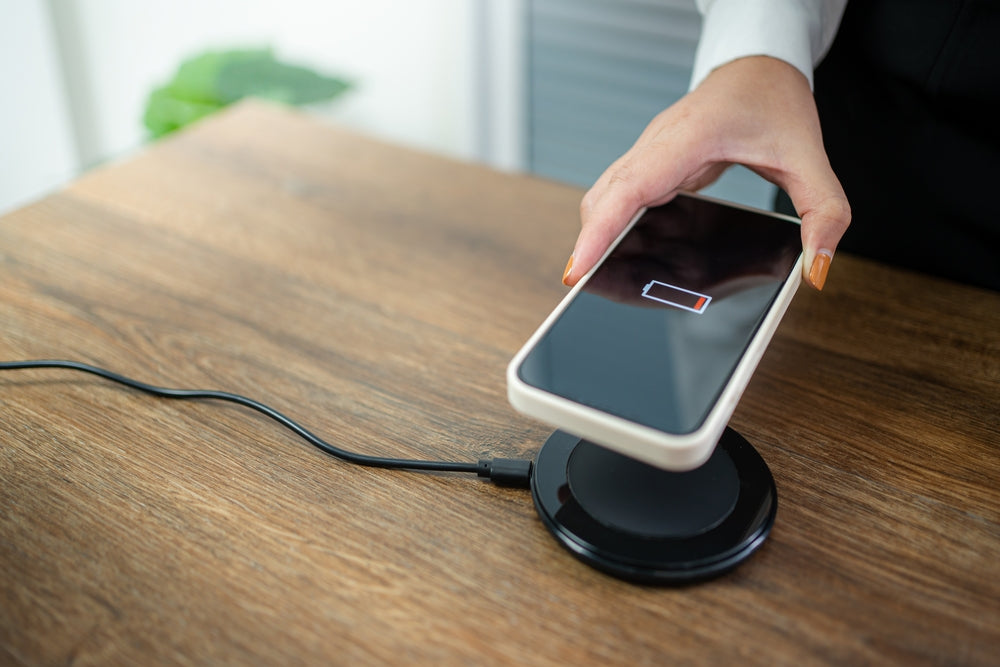
The Pros and Cons of Wireless Charging Technology
Introduction:
In the era of constant technological innovation, wireless charging has emerged as a convenient and intriguing advancement in the realm of powering up our devices. With the ability to charge devices without the hassle of cables, wireless charging has gained popularity in recent years. However, like any technology, it comes with its own set of advantages and disadvantages. In this article, we'll delve into the pros and cons of wireless charging technology, helping you make an informed decision about whether it's the right fit for you.
Pros:
1. Convenience: One of the most significant advantages of wireless charging is the sheer convenience it offers. Placing your device on a charging pad eliminates the need for multiple cords and connectors. This not only reduces clutter but also makes charging effortless. Imagine the ease of charging your smartphone by simply placing it on a pad before you go to bed, without fumbling around for the charging port in the dark.
2. Preservation of Charging Ports: Traditional wired charging can lead to wear and tear on charging ports over time. Inserting and removing cables repeatedly can result in port damage, rendering your device useless until repaired. With wireless charging, this issue becomes obsolete, as there's no physical connection involved. This helps extend the lifespan of your device.
3. Versatility: Wireless charging is not limited to specific devices. Many smartphones, smartwatches, and even wireless earbuds now support this technology. This means you can charge multiple devices using the same charging pad, reducing the need for multiple chargers and outlets. It's a step towards a more streamlined charging experience.
4. Fast-Charging Capabilities: Wireless charging technology has come a long way, and now it's not just about convenience, but also speed. Many wireless chargers support fast-charging protocols, allowing you to juice up your devices quickly. This means you can get back to using your gadgets sooner, even when you're in a rush.
Cons:
1. Slower Charging Speeds: While wireless charging technology has improved in terms of speed, it still generally lags behind traditional wired charging methods. If you need a quick power boost, wired charging is usually the more efficient option. Wireless charging might be more suitable for overnight or extended periods of charging.
2. Heat Generation: Wireless charging can sometimes generate more heat than wired charging. This excess heat can impact the overall battery life and health of your device over time. If not managed properly, heat buildup could lead to reduced battery capacity and performance.
3. Positioning Constraints: Achieving a successful charge often requires precise placement of the device on the charging pad. If the device isn't positioned correctly, it might not charge at all. This limitation can be frustrating, especially if you're in a hurry and can't spare the time to ensure perfect alignment.
4. Compatibility and Standardization: Not all devices support wireless charging, and even among those that do, there are different wireless charging standards, such as Qi and PMA. This lack of universal compatibility and standardization means you might need multiple charging pads for different devices, potentially negating some of the convenience benefits.
Conclusion:
In the end, whether you opt for wireless charging or stick with traditional wired methods depends on your personal preferences and needs. If convenience and clutter reduction are your top priorities, wireless charging might be a perfect fit. On the other hand, if speed and efficiency are crucial, wired charging might still be your go-to solution. As with any technology, staying informed about the pros and cons helps you make the right choice for your individual lifestyle.
